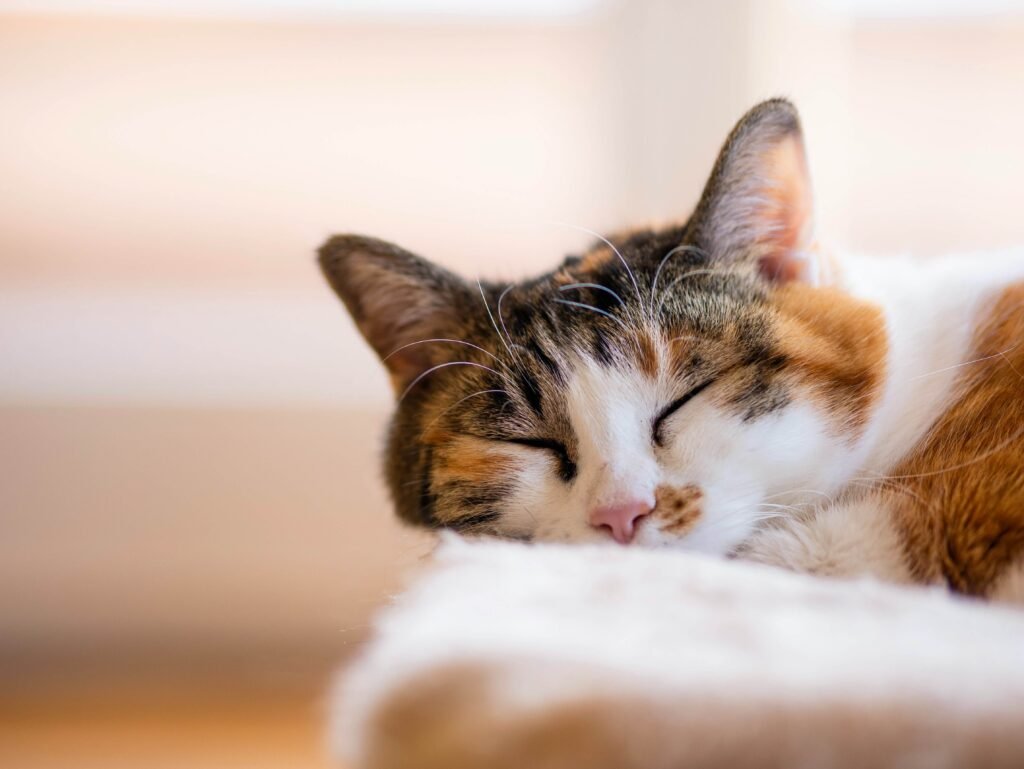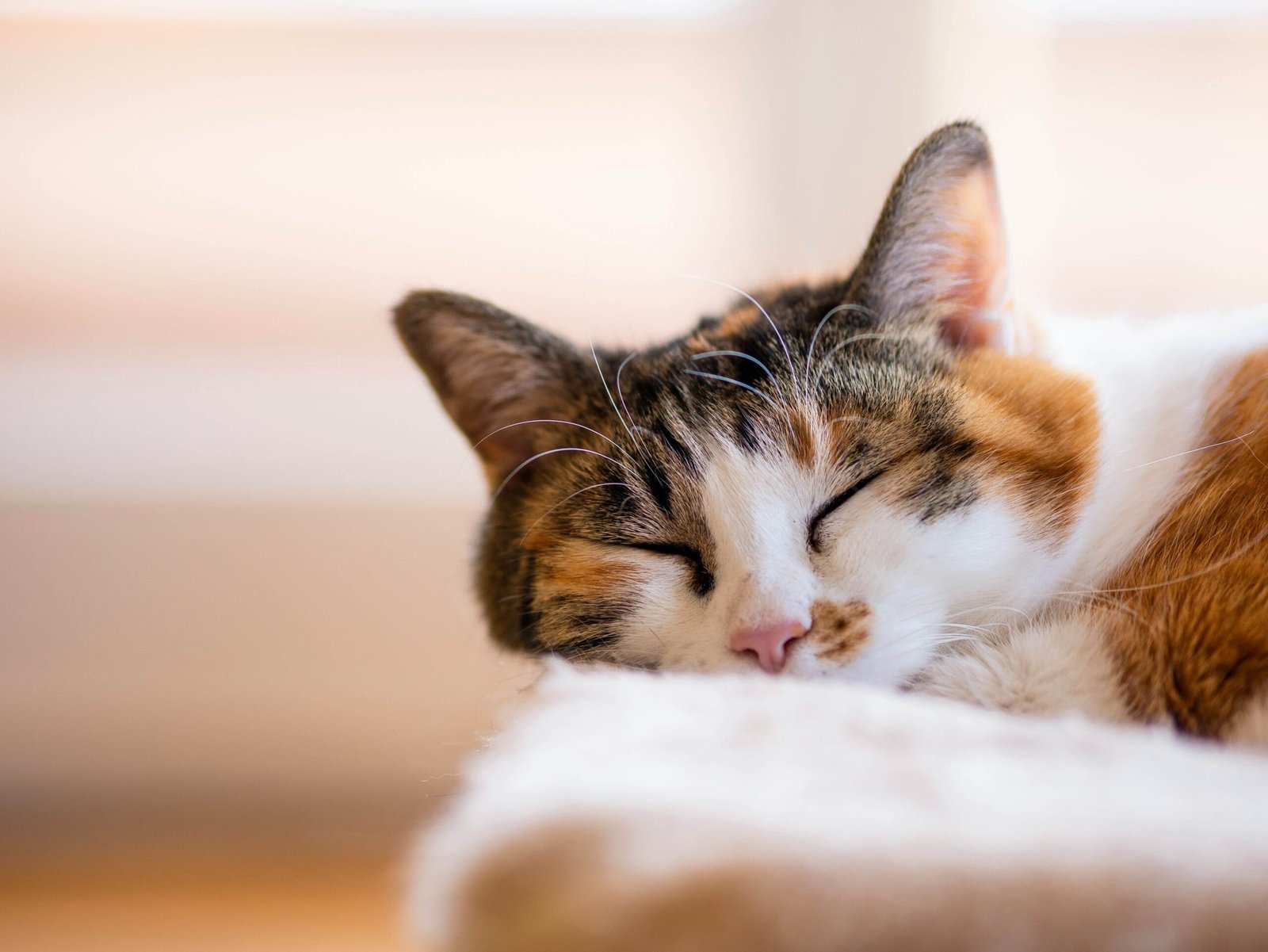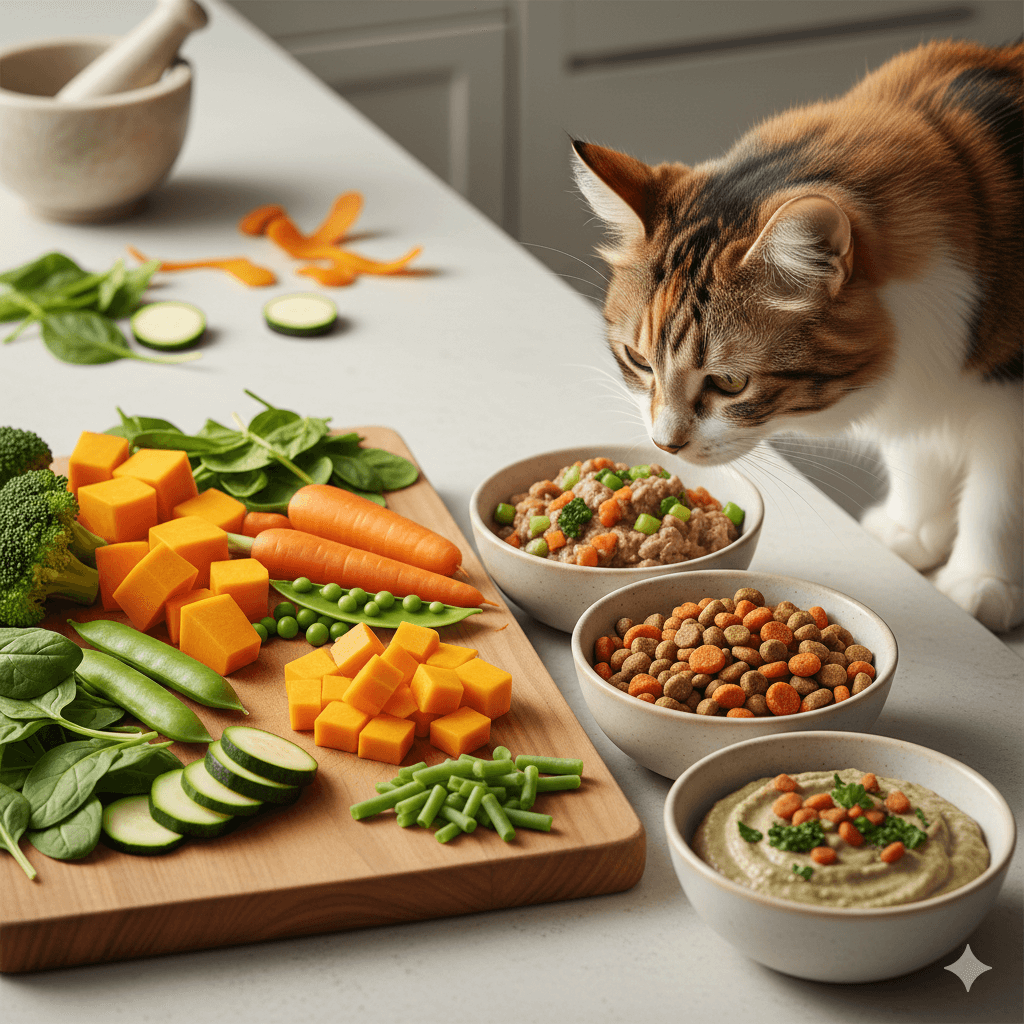Understanding Cat Regurgitation: Causes, Symptoms, and Solutions
Cats are fascinating creatures, but they can sometimes exhibit behaviors that leave us scratching our heads. One such behavior is regurgitation. While it may look similar to vomiting, cat regurgitation is a distinct process that occurs when undigested food or other substances are expelled from the esophagus. It’s not uncommon for cats to regurgitate occasionally, but frequent episodes can be a sign of an underlying issue. In this blog post, we’ll explore everything you need to know about cat regurgitation, including its causes, how to differentiate it from vomiting, and steps you can take to address it. By understanding this behavior, you can ensure your feline friend stays healthy and happy.
Common Causes of Cat Regurgitation
Regurgitation in cats can occur for a variety of reasons, ranging from harmless to potentially serious. Understanding these causes can help you determine whether your cat’s regurgitation is something to monitor or if it requires veterinary attention. Here are some common triggers:
Eating Too Quickly
Cats that gulp down their food may regurgitate shortly afterward. This happens because their stomachs can’t process the large amount of food at once.Hairballs
Hairballs are a frequent cause of regurgitation in cats. When grooming, cats ingest loose fur, which can accumulate in their digestive tract and lead to regurgitation.Food Intolerances or Allergies
Certain ingredients in your cat’s food may irritate their digestive system, causing them to regurgitate.Foreign Objects
If your cat has swallowed something indigestible, such as a small toy or string, it may trigger regurgitation as their body tries to expel the object.Underlying Medical Conditions
Conditions like gastrointestinal disorders, esophageal issues, or even heart disease can contribute to frequent regurgitation.
In most cases, occasional regurgitation is not a cause for concern, but persistent episodes should always be discussed with your veterinarian to rule out serious health problems.
Differentiating Between Vomiting and Regurgitation
It’s easy to confuse regurgitation with vomiting, but understanding the differences between the two is crucial for identifying potential health issues. Here’s how to tell them apart:
Timing
Regurgitation typically occurs soon after eating, while vomiting usually happens hours later.Appearance of Expelled Material
Regurgitated material often looks like undigested food and is expelled without much effort. Vomit, on the other hand, may contain bile and is accompanied by retching or heaving.Behavioral Signs
Cats that regurgitate usually appear calm and normal afterward, whereas vomiting is often preceded by signs of nausea, such as drooling or restlessness.Frequency
While occasional regurgitation may not be alarming, frequent vomiting is a red flag and should be investigated promptly.Location in the Digestive Tract
Regurgitation originates in the esophagus, while vomiting involves the stomach and intestines.
By paying close attention to these distinctions, you can better assess your cat’s condition and decide whether professional care is needed.
Check this guide 👉Why Is My Cat Throwing Up Brown Liquid? Best 7 Health Tips!
Check this guide 👉Why is My Cat Foaming at the Mouth? Best 7 Expert Tips!

Cat Regurgitation | Cat Vomiting |
|---|---|
Occurs soon after eating | Happens hours after eating |
Expels undigested food | Contains bile and digested matter |
No retching or heaving | Accompanied by retching |
Often caused by eating habits | Linked to nausea or illness |
Usually harmless in moderation | May indicate serious conditions |
Tips to Reduce Cat Regurgitation
If your cat frequently regurgitates, there are several steps you can take to minimize the occurrence. These tips focus on adjusting feeding habits and environmental factors to support your cat’s digestive health:
Feed Smaller Meals More Frequently
Instead of one or two large meals, offer smaller portions throughout the day to prevent overeating.Use a Slow Feeder Bowl
Slow feeder bowls are designed to make cats eat more slowly, reducing the likelihood of regurgitation.Elevate Food Bowls
Raising your cat’s food bowl slightly off the ground can help align their esophagus properly during meals.Groom Your Cat Regularly
Regular brushing reduces the amount of loose fur your cat ingests, lowering the risk of hairball-related regurgitation.Monitor Diet Changes
Introduce new foods gradually and observe how your cat reacts to avoid triggering digestive upset.
With patience and consistency, these strategies can significantly reduce episodes of regurgitation and improve your cat’s overall well-being.
When to Seek Veterinary Care
While occasional regurgitation is generally harmless, certain signs indicate that it’s time to consult your veterinarian. Ignoring these warning signs could put your cat’s health at risk. Here’s what to look out for:
Frequent Episodes
If your cat regurgitates multiple times a week, it could signal an underlying issue.Weight Loss
Unexplained weight loss alongside regurgitation may point to a more serious medical condition.Lethargy or Discomfort
A lack of energy or signs of pain warrant immediate attention from a vet.Blood in Expelled Material
The presence of blood is a critical symptom that requires urgent care.Difficulty Swallowing
If your cat seems to have trouble swallowing, it could indicate an obstruction or esophageal problem.
Addressing these symptoms early can prevent complications and ensure your cat receives the care they need.
Environmental Factors That May Trigger Regurgitation
While diet and eating habits play a significant role in cat regurgitation, environmental factors can also contribute to this behavior. Cats are sensitive creatures, and changes in their surroundings may stress them out, leading to digestive issues. Here are some environmental triggers to consider:
Loud Noises or Sudden Changes
Cats may regurgitate if they’re startled by loud noises, such as thunderstorms or construction work.New Pets or People in the Home
The introduction of a new pet or family member can cause anxiety, which may manifest as regurgitation.Unstable Feeding Routine
Inconsistent feeding times or locations can disrupt your cat’s digestion and lead to regurgitation.Overcrowded Spaces
If your cat feels cramped or lacks personal space, it may experience stress-related regurgitation.Travel or Moving Houses
Changes in location, such as moving homes or traveling, can upset your cat’s stomach and trigger regurgitation.
By identifying and minimizing these environmental stressors, you can help reduce the likelihood of regurgitation and create a calmer atmosphere for your feline friend.
Foods to Avoid to Prevent Regurgitation
Certain foods can irritate your cat’s digestive system and increase the risk of regurgitation. While cats are obligate carnivores, not all foods are suitable for their sensitive stomachs. Here’s a list of foods to avoid:
Dairy Products
Many cats are lactose intolerant, and consuming dairy can lead to digestive upset and regurgitation.Fatty or Greasy Foods
High-fat foods, such as fried meats or oily snacks, can overwhelm your cat’s digestive system.Raw Fish or Meat
While cats enjoy protein, raw fish or meat may contain harmful bacteria that upset their stomachs.Spicy or Seasoned Foods
Seasonings like garlic, onions, or spices can irritate your cat’s gastrointestinal tract.Toxic Foods
Items like chocolate, grapes, and raisins are toxic to cats and should be avoided entirely.
By keeping these foods out of your cat’s reach, you can protect their digestive health and reduce the chances of regurgitation.
Signs Your Cat Is Adjusting Well After Regurgitation
After an episode of regurgitation, it’s important to monitor your cat’s behavior to ensure they’re recovering well. Positive signs indicate that your cat is adjusting and feeling better. Here’s what to look for:
Normal Eating Habits
Your cat resumes eating regularly without hesitation or discomfort.Playful Behavior
A return to playful activities suggests your cat is feeling energetic and happy.Consistent Litter Box Use
Regular bowel movements and normal litter box habits are good indicators of recovery.No Visible Discomfort
Your cat appears relaxed and shows no signs of pain or distress.Stable Weight
Maintaining a healthy weight signals that your cat’s digestive system is functioning properly.
If your cat exhibits these positive behaviors, it’s likely they’re on the mend. However, always consult your vet if you notice any lingering issues.
Frequently Asked Questions About Cat Regurgitation
What causes my cat to regurgitate after eating?
This is often due to eating too quickly or consuming large amounts of food at once.
Is regurgitation harmful to my cat?
Occasional regurgitation is usually harmless, but frequent episodes may indicate a health issue.
How can I stop my cat from regurgitating hairballs?
Regular grooming and specialized hairball remedies can help reduce hairball-related regurgitation.
Should I worry if my cat regurgitates once a month?
If it’s infrequent and your cat appears healthy otherwise, it’s likely not a cause for concern.
What should I do if my cat regurgitates blood?
Seek veterinary care immediately, as this could indicate a severe condition.
Final Thoughts: Supporting Your Cat’s Digestive Health
Understanding cat regurgitation is an important part of being a responsible pet owner. While occasional regurgitation is normal, staying vigilant about changes in your cat’s behavior or health can help you catch potential problems early. By implementing preventive measures, monitoring your cat’s diet, and seeking veterinary advice when needed, you can ensure your furry companion enjoys a long, healthy life. Remember, your cat relies on you to advocate for their well-being—so trust your instincts and act promptly if something seems off.
Can a Cat Be Tested for Rabies? Best 7 Expert Tips! – Learn if testing is possible, understand the process, and discover prevention tips to keep your cat safe from rabies.
Can a Dog Be Tested for Rabies? Best 7 Expert Tips! – Learn how rabies testing works, why it’s critical, and what every dog owner needs to know.
Best Vegetables for Cat Food: Best 7 Expert Tips! – Discover safe, nutritious veggies to boost your cat’s diet, support digestion, and enhance overall health naturally.
Best Vegetables for Dog Food: Best 7 Expert Tips! – Discover safe, nutritious veggies to boost your dog’s diet, support digestion, and enhance overall health naturally.





